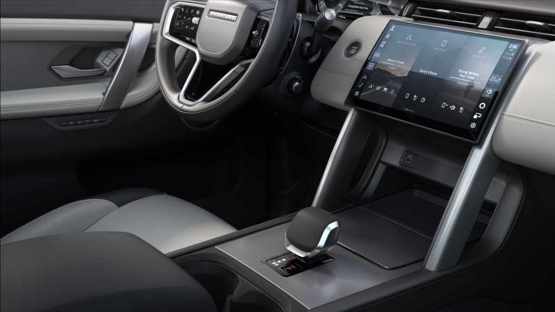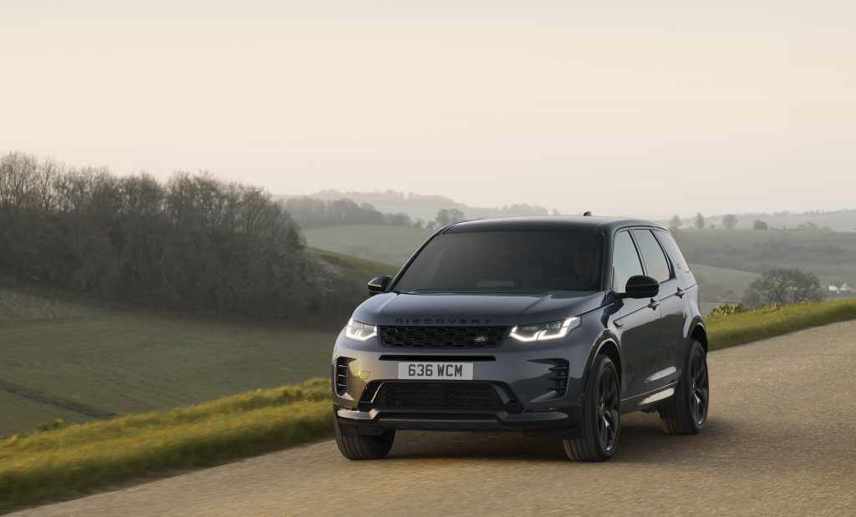Review
It’s been almost seven years since we had the Discovery Sport as a long-term test car and our reviews were generally glowing for the near £36,000 diesel TD4 model.
In December, we took delivery of the R Dynamic SE P300e plug-in hybrid model for an extended short-term test encompassing extensive driving over the Christmas period. With prices starting at £52,230, this version first went on sale in 2021, a year after Land Rover overhauled the Discovery Sport range which included re-housing it on the Evoque platform.
It is expected to be replaced by an all-new electric-only model within two years, with the plug-in hybrid offering an obvious and appealing stepping stone to 2026.
Electric-only range is 36 miles with WLTP fuel consumption of up to 180mpg and CO2 emissions from 35g/km, putting it in the 12% benefit in kind tax bracket.

The range easily facilitates an all-electric commute to the office – we found the stated range pretty accurate - but how does the car perform when forced to rely on its 1.5-litre petrol engine?
Not so well. It averaged just 29mpg, an underwhelming result when compared to the heavier (2.3t vs 2.1t) Volvo XC90 PHEV, which achieved almost 32mpg during a summer of traipsing around the Lake District.
And with our diesel experiences of 40mpg-plus, with longer journeys inching close to 50mpg, it reinforces the importance of ensuring a plug-in hybrid is the right option for your work and personal lifestyles.
Putting that to one side, we were once again very impressed with the Discovery Sport. It remains an excellent drive, agile and comfortable on all road types – and, indeed, off-road, if required - with accurate handling and plenty of power, particularly when the battery and engine work together.
Standard features are extensive, and include a lengthy list of safety tech, such as roll stability control, dynamic stability control, electronic traction control, lane keep assist and rear collision monitor, in addition to the using kit.
Inside, there is ample space and comfortable seats, with a plush interior and soft-touch leathers. Wireless charging comes as standard, as does both Apple CarPlay and Android Auto, Pivi Pro connected navigation with 10-inch touchscreen and two-zone climate control with rear seat vents.
One unusual feature is the suedecloth steering wheel. The benefits are an even temperature (although it is also heated) and good grip, although it is initially odd to handle. It also eliminates sweaty palms on long journeys (if you are susceptible to that kind of thing).
A particular like is the one-touch boot opening (many cars require the button to be held for several seconds before activating), which is also a feature of our long-term Jaguar I Pace.

The Discovery Sport remains a popular option for fleets, which accounted for 26% of the 3,210 plug-in hybrid registrations last year. In contrast, just 135 diesel models were sold into the corporate market.
As a final thought, it’s worth noting the model-year 2024 updates which were not available on our test car, including a new 14.9kW battery pack which nudges up the EV range by a couple of miles.
Most of the changes are on the inside, most obviously the 11.4-inch Pivi Pro system with its floating curved touchscreen. It incorporates all the key functions, dispensing with temperature control physical buttons.
Trim and materials have also been refreshed while a new ‘aircraft style’ gear selector replaces the more standard stick in our test car.



















